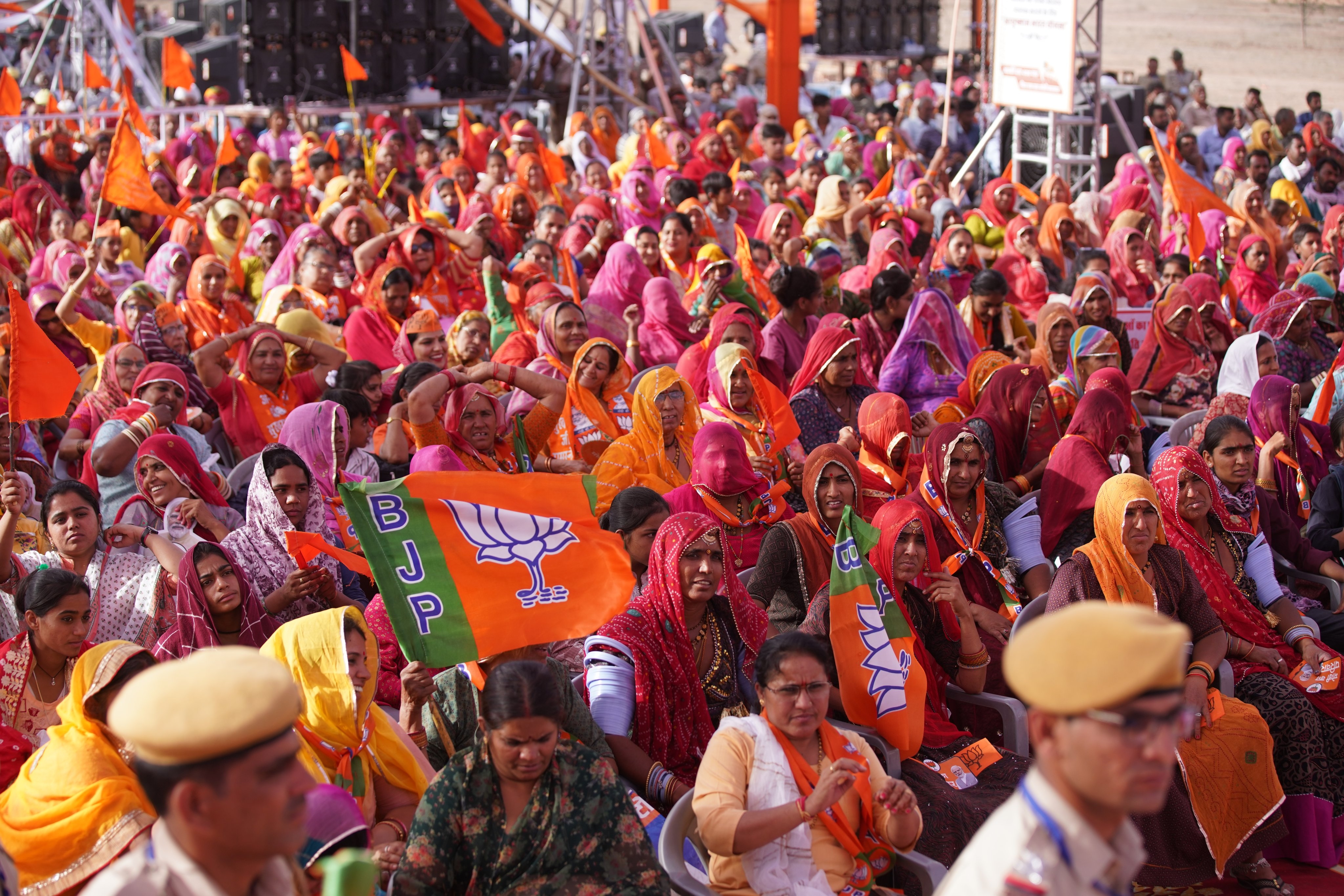Sadhvi Pragya Singh may not like saffron terror, but that doesn't mean it was a 'bogey'
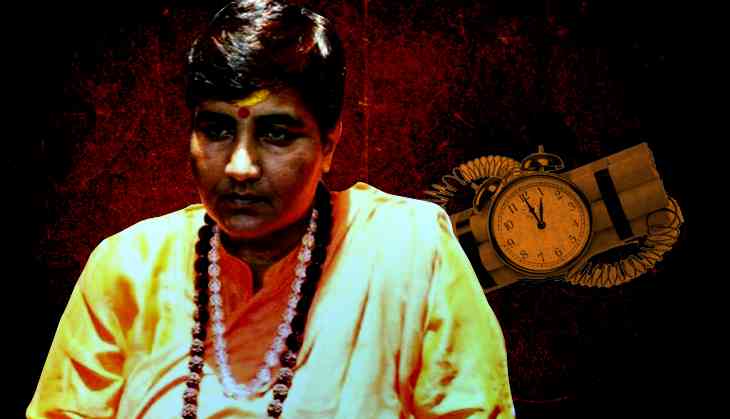
Sadhvi Pragya Singh Thakur deserves to feel relieved. After all, this is the first time she has been granted bail in nearly a decade now. Since her arrest in October 2008 in connection with the Malegaon blasts, Thakur's bail plea was repeated turned down, first by the trial courts, then the High Court and later even the Supreme Court.
From allegedly a key conspirator in the case, she has now turned into a mere side-story, but are the bold statements that she is making now after walking out on bail justified?
Thakur reportedly told reporters on 27 April that she was “100% innocent” and her arrest was “a conspiracy hatched by the Congress-led UPA government...to endorse the bogey of saffron terrorism”.
Tough questions
But is “saffron terrorism” really a bogey? Forget that branding, does this one case appear to be a bogey? How is it then that 10 other accused in the case are still languishing behind the bars?
How is it that the same National Investigation Agency (NIA) that did not find “sufficient evidence” against Thakur, has recommended prosecution against the other 10 under stringent sections of law?
Investigating agencies appear to have made a mess of the case, but even then they maintain that the case stands. And this is just one of about half a dozen major cases of “saffron terror” in which trials are still going on and courts are passing some really serious observations against the accused.
Don't forget, Thakur is still on trial
In her public statements post receiving bail, Thakur will do well not to forget that she has only received bail and not acquittal. That means she is still an accused and her trial will go on. That is the reason she has been asked by the court to provide a cash surety of Rs 5 lakh, surrender her passport to the NIA, not to tamper evidence and to report to the NIA court as and when required. In an ideal world, she would really be careful with her public appearances till the trial is on.
Two witnesses had told the Anti-Terrorism Squad early on during investigations in the case that Thakur had offered to provide men to execute the 2008 blast. They later retracted their confession when NIA interrogated them. It is really up to the court to get to the truth behind the allegations against her, but the NIA's controversial role in the probe must not be forgotten.
In 2015, NIA's special public prosecutor in the case, Rohini Salian, had alleged that the agency had been asking her to “go soft” on the accused ever since the NDA came to power in 2014.
Thakur's co-accused are still in jail
When Thakur was arrested, she was charged with plotting the blast with co-accused Prasad Purohit, a former lieutenant colonel in the Indian Army. He too has been trying to secure bail, but the same judges who granted Thakur bail refused bail to him. There was sufficient proof against him, the judges maintained, adding that the charges against him, like waging war against the country and under various IPC sections like Explosive Substances Act and Arms Act, were grave.
Purohit's case and the court's view on charges against him can also serve as an indication to Thakur to avoid making statements like these. They provide ample testimony to the sinister designs of radical Hindutva organisations that were responsible for incidents like the Samjhauta Express blast, the Malegaon blasts, the Mecca Masjid blasts, the Ajmer Sharif blasts and others.
Not just trial, there are convictions too
That saffron-terror is anything but a “bogey” was conclusively proved last month with the conviction and award of life imprisonment to two terrorists in the Ajmer Dargah blasts case. A special NIA court awarded life imprisonment to Devendra Gupta and Bhavesh Patel for their role behind the blasts that on 11 October 2007 had killed three pilgrims and injured 15 others.
At least one of them was a known former worker of the Rashtriya Swayamsevak Sangh (RSS), long considered the fountainhead of all Hindutva-oriented organisations in the country.
The case and the convictions therein are a clear-cut evidence of sinister plans by radical Hindutva organisations to commit acts of terror. Saffron or anything else, Thakur can call it whatever she wants to but she can not deny its existence.
First published: 28 April 2017, 17:56 IST

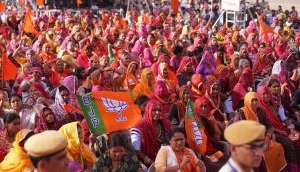

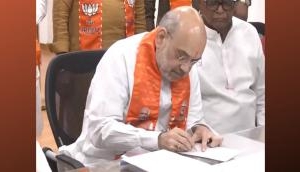
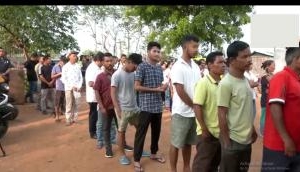

![BJP's Kapil Mishra recreates Shankar Mahadevan’s ‘Breathless’ song to highlight Delhi pollution [WATCH] BJP's Kapil Mishra recreates Shankar Mahadevan’s ‘Breathless’ song to highlight Delhi pollution [WATCH]](http://images.catchnews.com/upload/2022/11/03/kapil-mishra_240884_300x172.png)

![Anupam Kher shares pictures of his toned body on 67th birthday [MUST SEE] Anupam Kher shares pictures of his toned body on 67th birthday [MUST SEE]](http://images.catchnews.com/upload/2022/03/07/Anupam_kher_231145_300x172.jpg)


